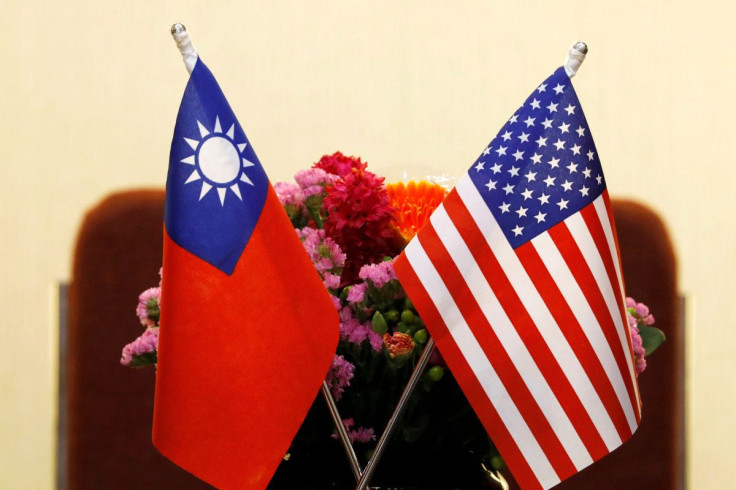US Deliberately 'Cooling' Taiwan Ties? Washington Tells Island Nation It Can't Supply Howitzers Now
KEY POINTS
- The first batch of weapons, which was expected next year, would be delayed till 2026
- Taiwan said it is in talks with the U.S. seeking alternatives to meet its needs
- An analyst said this reflects US' plan to "cool the warm ties with Taiwan for a while"
Taiwan's bid to procure howitzer artillery systems to upgrade its defense capabilities suffered a setback as the U.S. informed the island nation that the first batch of weapons, expected next year, would be delayed until 2026. Taiwan's Defense Ministry said it was informed by Washington that "the production line is crowded out" due to the Ukraine invasion.
Some Taiwanese lawmakers were informed by the Defense Ministry that the U.S. could not supply the first batch of the promised 40 howitzer systems because of the war in Ukraine, reported South China Morning Post, quoting Taiwan’s United Daily News.
The Defense Ministry added that it would continue to communicate with the U.S. on the issue. "We have cooperated with the United States to research and develop advanced alternatives to meet actual operational needs," the ministry was quoted by the news outlet.
The 60-tonne, armored, self-propelled and self-loading 155mm howitzer system is a gun with integrated GPS, weather, and other systems. They were part of the $800m weapons package announced by the U.S. to Ukraine and as many as 90 artillery pieces were sent last week to help Ukraine counter the Russian military offensive in the eastern Donbas region. Reports said a small number of Ukrainian forces have already begun training on the system.
Besides the howitzers, Taiwan's US$750 million arms package also includes 1,698 precision guidance kits for munitions, as well as spares, training, ground stations, and upgrades for the island’s previous generation howitzers. The move comes as China ramps up military exercises targeting the island, which Beijing considers a breakaway province.
However, the delay in supplying the weapon reflects U.S. changing policies, said analysts. According to Zhou Chenming, a researcher from the Yuan Wang military science and technology think tank in Beijing, the U.S. commitment to provide weapons to Ukraine could be a reason for the setback but it might also reflect Washington’s delicate recalibration of its Taiwan policies.
"I don’t think the Russia-Ukraine military crisis can absorb large amounts of military resources from the U.S. – especially as Ukraine prefers light weapons instead of heavy weapons like the M109 howitzer – to a degree that the U.S. can no longer provide arms to Taiwan," he told South China Morning Post.
Zhou added that this could be "interpreted as the U.S. wanting to cool the warm ties with Taiwan for a while." "The supposed Boeing aircraft deal [also] went nowhere. But this cooling in ties is temporary and tactical, and won’t change the fundamental cooperation between the two sides," he added.
But, Liu Weidong, a U.S. affairs analyst from the Chinese Academy of Social Sciences, said this doesn't "doesn’t amount to a strategic shift in US policy towards China."
"The U.S. sees China as a long-term and fundamental threat, and Russia an immediate and urgent threat. So Washington has to make quick responses to aid Ukraine – such as supplying the latest weapons – so as to drag Russia deeper into the war because this task is more imminent," he said.
"However, to stop offering Taiwan some arms doesn’t amount to a strategic shift in US policy towards China, since Taiwan is a place where the US has security assurance. This is at most a tactical change because of the Russia-Ukraine conflict," he told South China Morning Post.

© Copyright IBTimes 2025. All rights reserved.





















